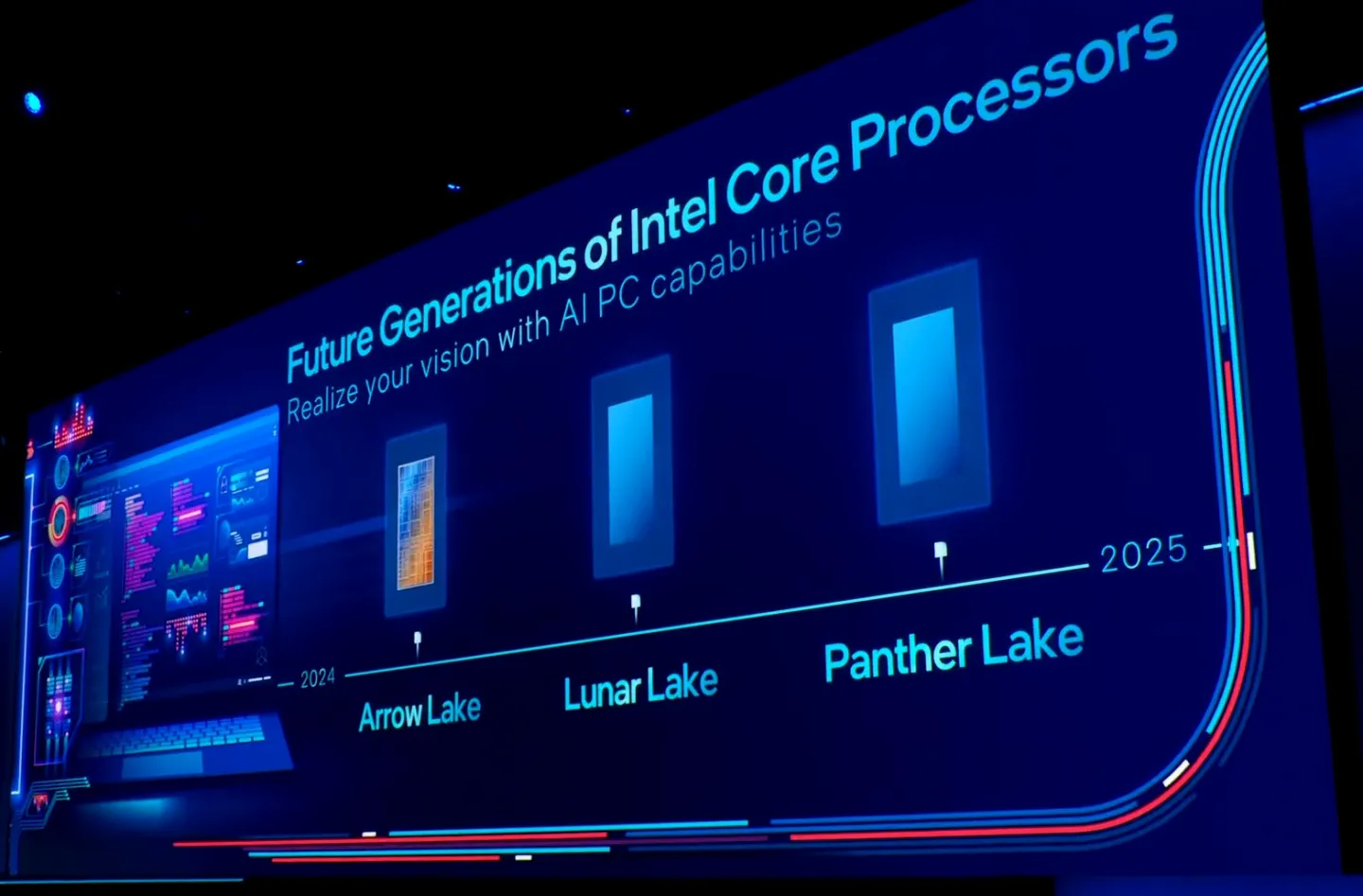Intel Arrow Lake vs. AMD Zen 5: Which Should You Choose?
Saturday, August 03, 2024Intel Arrow Lake vs. AMD Zen 5: Which Should You Choose?
When it comes to choosing the right CPU for your next PC build, the decision often boils down to two major players: Intel and AMD. With the release of Intel’s Arrow Lake and AMD’s Zen 5, the competition is fiercer than ever. In this blog post, we’ll break down the key differences between these two powerhouse processors to help you make an informed decision.
Introduction to Intel Arrow Lake and AMD Zen 5
Intel’s Arrow Lake and AMD’s Zen 5 represent the latest advancements in CPU technology. Both offer significant improvements over their predecessors, but they cater to different needs and preferences.
Performance
Intel Arrow Lake: Intel’s Arrow Lake processors are built on a hybrid architecture that combines high-performance cores (P-cores) and efficiency cores (E-cores). This design aims to deliver a balance of performance and power efficiency. The Arrow Lake series is known for its strong single-threaded performance, making it an excellent choice for gaming and applications that rely on high clock speeds.
AMD Zen 5: AMD’s Zen 5 architecture focuses on multi-threaded performance. With up to 16 cores and 32 threads, these processors excel in tasks that require parallel processing, such as video editing, 3D rendering, and other content creation workloads. The Zen 5 series also benefits from AMD’s continued support for the AM5 socket, ensuring compatibility with a wide range of motherboards.
Power Efficiency
Intel Arrow Lake: Intel has made strides in improving power efficiency with Arrow Lake. The hybrid architecture allows the CPU to allocate tasks between P-cores and E-cores, optimizing power consumption based on the workload. However, it’s worth noting that Intel’s high-end models tend to consume more power compared to AMD’s offerings.
AMD Zen 5: AMD’s Zen 5 series is designed with power efficiency in mind. The Zen 5 architecture and TSMC’s 4nm process node contribute to lower power consumption, making these processors a great choice for energy-conscious users.
Pricing and Value
Intel Arrow Lake: Intel’s Arrow Lake processors are competitively priced, offering good value for gamers and general users. The pricing varies depending on the model, with higher-end CPUs commanding a premium.
AMD Zen 5: AMD’s Zen 5 series is also competitively priced, with a focus on providing excellent multi-threaded performance at a reasonable cost. AMD’s pricing strategy makes the Zen 5 series an attractive option for users who need powerful multi-core performance without breaking the bank.
Gaming Performance
Intel Arrow Lake: Intel has traditionally been the go-to choice for gamers, and Arrow Lake continues this trend. The strong single-threaded performance and high clock speeds make Intel’s CPUs ideal for gaming. Games that rely heavily on single-core performance will benefit from Intel’s architecture.
AMD Zen 5: While AMD’s Zen 5 series offers excellent multi-threaded performance, it also holds its own in gaming. The high core counts and improved IPC (Instructions Per Cycle) ensure smooth gameplay, even in demanding titles. However, for pure gaming, Intel’s Arrow Lake might have a slight edge.
Content Creation and Productivity
Intel Arrow Lake: Intel’s hybrid architecture provides a good balance for productivity tasks. The combination of P-cores and E-cores allows for efficient multitasking and handling of various workloads. However, for tasks that require extensive multi-threading, AMD’s Zen 5 series might be more suitable.
AMD Zen 5: AMD’s focus on multi-threaded performance makes the Zen 5 series a powerhouse for content creation and productivity. Whether you’re editing videos, rendering 3D models, or running virtual machines, the Zen 5 series delivers exceptional performance.
Future-Proofing
Intel Arrow Lake: Intel’s Arrow Lake processors are built on the latest architecture and support the latest technologies, ensuring they remain relevant for years to come. However, Intel’s frequent socket changes might require users to upgrade their motherboards more often.
AMD Zen 5: AMD’s commitment to the AM5 socket means that users can expect longer-term compatibility with future Ryzen processors. This makes the Zen 5 series a more future-proof option for those looking to upgrade their CPUs without changing their entire system.
Conclusion
Choosing between Intel’s Arrow Lake and AMD’s Zen 5 ultimately depends on your specific needs and preferences. If you’re a gamer looking for top-notch single-threaded performance, Intel’s Arrow Lake might be the better choice. On the other hand, if you need a CPU for content creation and productivity tasks, AMD’s Zen 5 series offers excellent multi-threaded performance and future-proofing.

